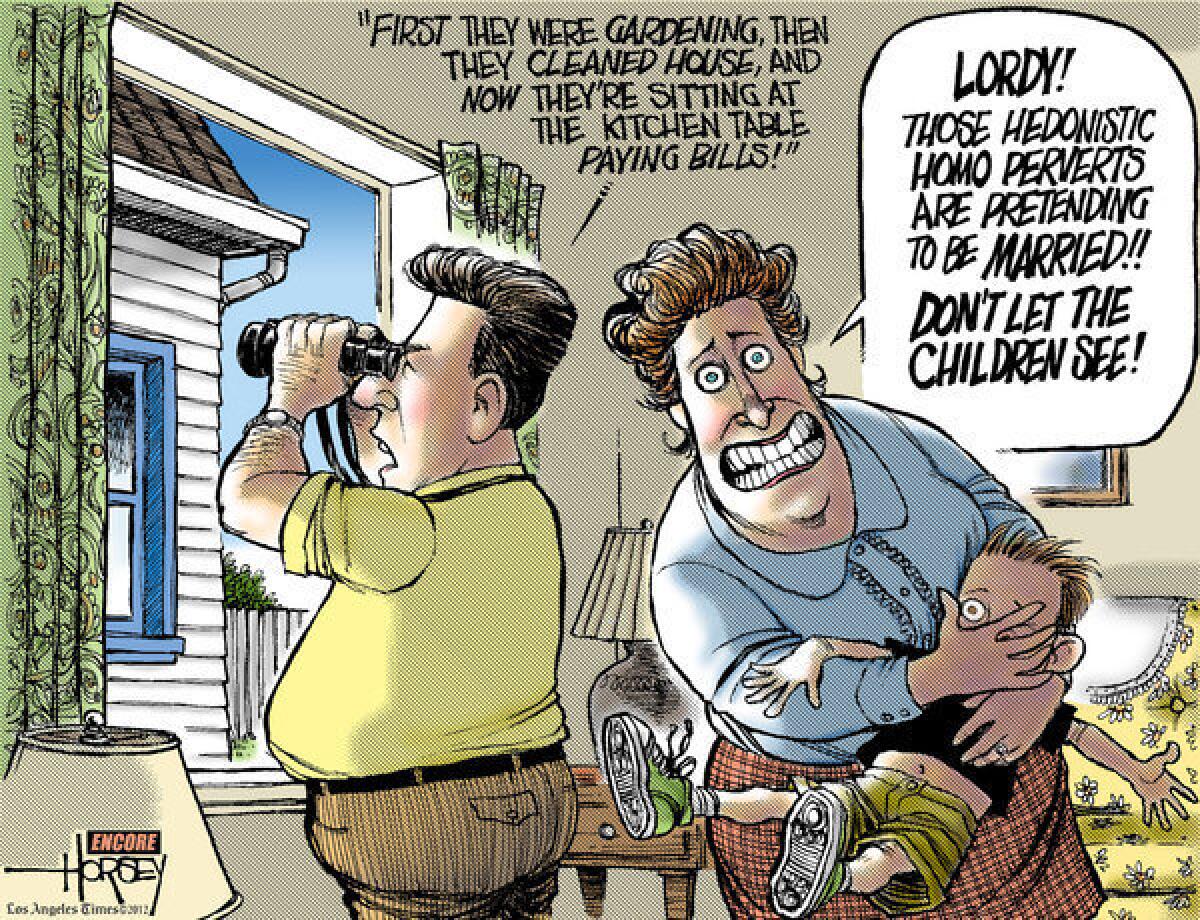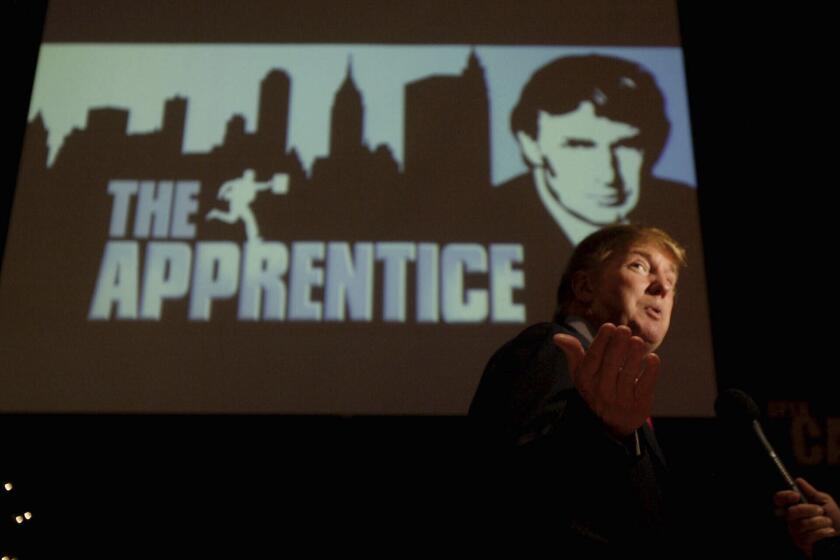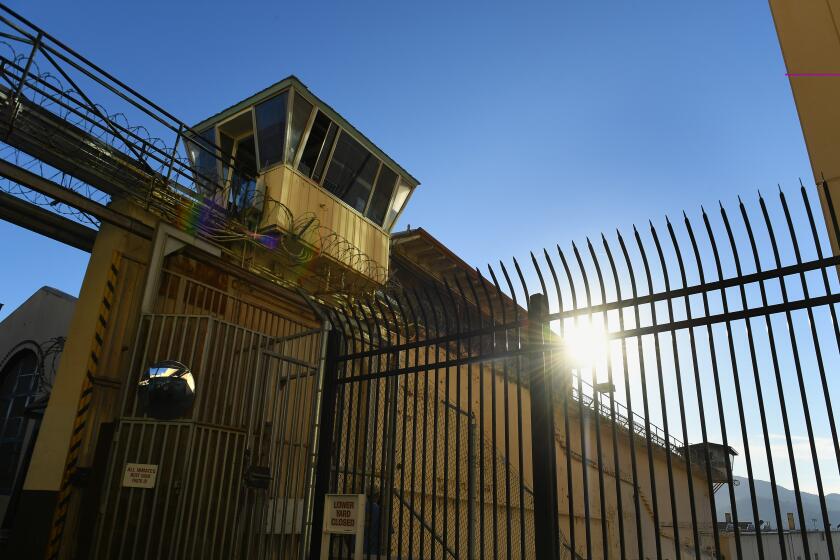Same-sex marriage brings more citizens into a virtuous circle

On Friday, the U.S. Supreme Court agreed to review Proposition 8, California’s same-sex marriage ban. On Sunday, gay and lesbian couples lined up to get married as Washington state’s new law approving same-sex unions went into effect. And today, many religious conservatives are asking whether the USA is going the way of ancient Rome.
The Supreme Court will be deciding whether to uphold the appeals court ruling that struck down Proposition 8. In addition, the justices will be deliberating on the constitutionality of provisions of the federal Defense of Marriage Act that deny legal benefits to same-sex couples who are married. A range of outcomes is possible including a broad decision that opens the way to same-sex marriage in every state or a narrow ruling that says Proposition 8 supporters lack legal standing. Many legal experts say the odds favor elimination of Proposition 8 and reinstitution of the California Supreme Court’s ruling that gays and lesbians have a constitutional right to marry in the Golden State.
Throughout this country’s history, the high court has often been the arbiter that sorts out knotty social disputes. The burgeoning conundrum now is that there is a growing number of American citizens who are legally married under the laws of several states (including California before passage of Proposition 8). Yet, these people are unable to gain the full benefits of marriage because either the federal government or states that do not recognize same-sex marriage deny them those benefits. Is such unequal treatment constitutional? The court is set to grapple with that question.
Over the weekend in Seattle and many other Washington cities, celebrations at courthouses were nonstop as gay and lesbian couples lined up to wed. Not everyone was celebrating, however. Christian conservatives were wondering whether it might be time to move to Texas.
Dan Kennedy, chief executive of Human Life of Washington, told a Seattle Times reporter, “I feel like I’m living in pagan Rome.” Steve Beren, a Christian conservative political consultant, tea party activist and two-time losing candidate in the state’s heavily liberal 7th Congressional District, pondered the gay glee at the courthouses and said, “I feel bad for those people because they are celebrating what they are doing wrong.” Beren equated the turn toward same-sex marriage with other unfortunate developments in history, like “burning people at the stake and sacrificing children.”
People like Kennedy and Beren think the state and much of the country are going to pot. Actually, in the case of Washington, going to pot is literal. Washington legalized marijuana on the same day same-sex marriage became legal and, in traditionalist minds, that further confirmed the pagans are taking over.
The Seattle Times article included comments from David DeWolf, a law professor at Gonzaga University, a Jesuit school in Spokane. DeWolf looked askance at the electorate’s approving nod to bad behavior and he too made an allusion to pagan Rome. “The introduction of Christianity was the introduction of a way of understanding ourselves that says we’re made for better things, we’re capable of real charity and concern for one another and living a life of virtue.”
The naughty old Romans are always dragged out as an object lesson by people who think society is going astray, but I must say that what happened in Washington was not a celebration of something wrong. The fact that couples who have spent years, even decades, together in loving partnerships have finally been given the chance to make their bonds legal seems very much like what DeWolf described as Christian values. Same-sex marriage is an affirmation that people – all people – are made for better things, are capable of charity and concern for one another, are enhanced by living a life of virtue.
If America believes marriage is, indeed, an institution that binds the nation together, can it be wrong to bring more citizens into that virtuous circle? Perhaps the Supreme Court will settle the question once and for all. In the meantime, voters in states that are progressive (not pagan) are deciding for themselves that the law must give everyone a shot at wedded bliss.
More to Read
A cure for the common opinion
Get thought-provoking perspectives with our weekly newsletter.
You may occasionally receive promotional content from the Los Angeles Times.











